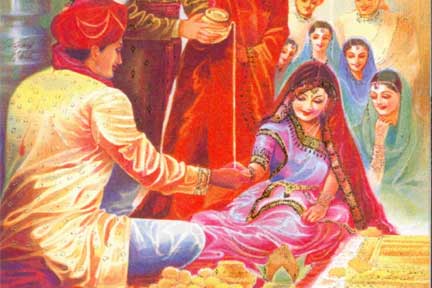It may seem a little bizarre but it’s true that women in India can’t be prosecuted for an offence of adultery. I’ll try to answer this with the help of the discussions, suggestions and recommendations on record. Now first let’s look at the exact definition of Adultery under Section 497 of the India Penal Code:- Section 497. Adultery – Whoever […]
Understanding Adultery – Grounds For Divorce In India
In a survey conducted by Ashley Madison, a global dating website, it was revealed that 76% of Indian women and 61% of Indian men don’t think that infidelity is a sin or immoral. People may not find infidelity a sin or immoral, but I would like to remind you that adultery is illegal as per Section 497 of the Indian Penal Code, 1860 which reads as […]
Grounds for Divorce as per Hindu Marriage Act in India
The Hindu Marriage Act provides a lot of grounds for divorce, which a spouse can seek in order to obtain divorce in India. Although marriage, according to Hindu Law, is a holy sacrament and not a contract, and that the husband and wife are considered one in law. Despite that, problems and tensions may develop between husband and wife and […]
Conditions For A Valid Marriage Under The Hindu Marriage Act, 1955
There are certain conditions which must be adhered to for a valid marriage between two Hindus under the Hindu Marriage Act, 1955. Violation and non-adherence of any of these conditions would not constitute a valid marriage. First of all, the groom should have completed the age of 21 years while the bride should have completed the age of 18 years at […]
Applicability Of Hindu Marriage Act, 1955 In India
Getting married is one of the biggest life changing experience one goes through during lifetime. One may either opt for the traditional way of spouse hunting i.e., letting the parents and relatives decide, or if one is fortunate enough to be in a relationship which is strong enough, one may choose to break the news to family and hopefully come […]




